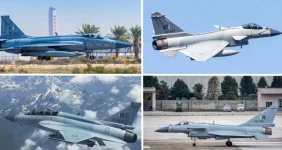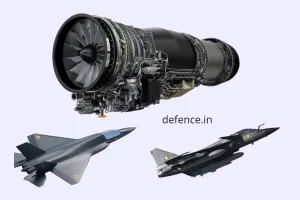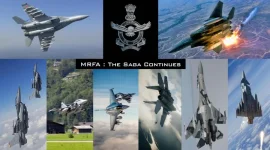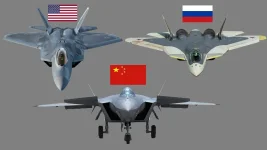- Views: 2K
- Replies: 12

The Indian Air Force (IAF) and Hindustan Aeronautics Limited (HAL) have entered a critical phase of negotiations for the procurement of 97 additional Light Combat Aircraft (LCA) Mk-1A Tejas fighter jets.
This significant deal, estimated at Rs 65,848 crore (approximately $8.8 billion USD), follows the issuance of a Request for Proposal (RFP) by the IAF and signifies a major step towards bolstering India's indigenous defence capabilities.
The LCA Mk-1A, an advanced variant of the Tejas, is poised to enhance the IAF's combat prowess with its homegrown technology. This procurement, which received the green light from the Defence Acquisition Council, underscores India's commitment to self-reliance in defence production.
The ongoing Contract Negotiation Committee (CNC) process involves detailed discussions on key aspects such as pricing, delivery schedules, and contractual terms. Both the IAF and HAL are working to finalize an agreement that meets the operational requirements of the air force while adhering to budgetary constraints.
This ambitious project faces several challenges. HAL will need to significantly ramp up its production capacity to meet the IAF's demand. This may involve expanding manufacturing facilities, optimizing production processes, or leveraging new technologies. Ensuring a smooth and timely supply of engines is also crucial, especially considering past issues with GE Aerospace's F-404 engines, which power the Tejas.
Furthermore, maintaining stringent quality assurance standards throughout the manufacturing process is paramount. The IAF has high expectations for the performance and reliability of the LCA Mk-1A, and HAL will need to demonstrate its ability to deliver aircraft that meet these standards.
Timely delivery is another critical factor. The IAF is keen to avoid delays that have plagued similar projects in the past. HAL's ability to adhere to the agreed-upon delivery schedule will be a key measure of the contract's success.
Ultimately, the success of this endeavor will depend not only on the timely delivery of the 97 LCA Mk-1A jets but also on their seamless integration into the IAF's existing fleet and their effectiveness in operational scenarios.




